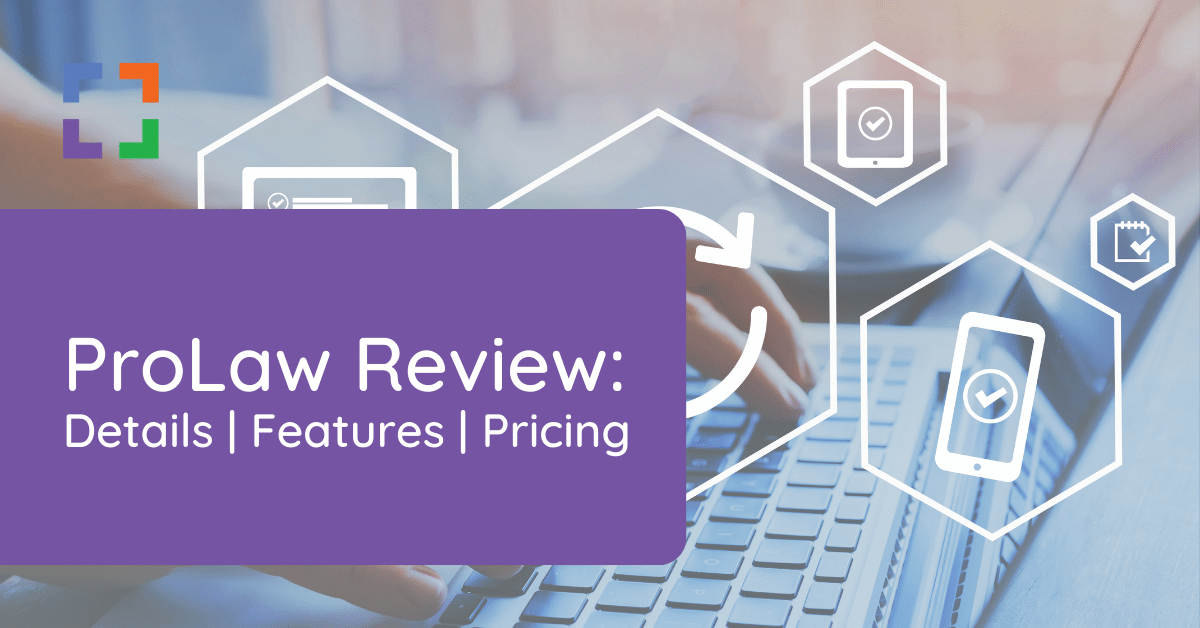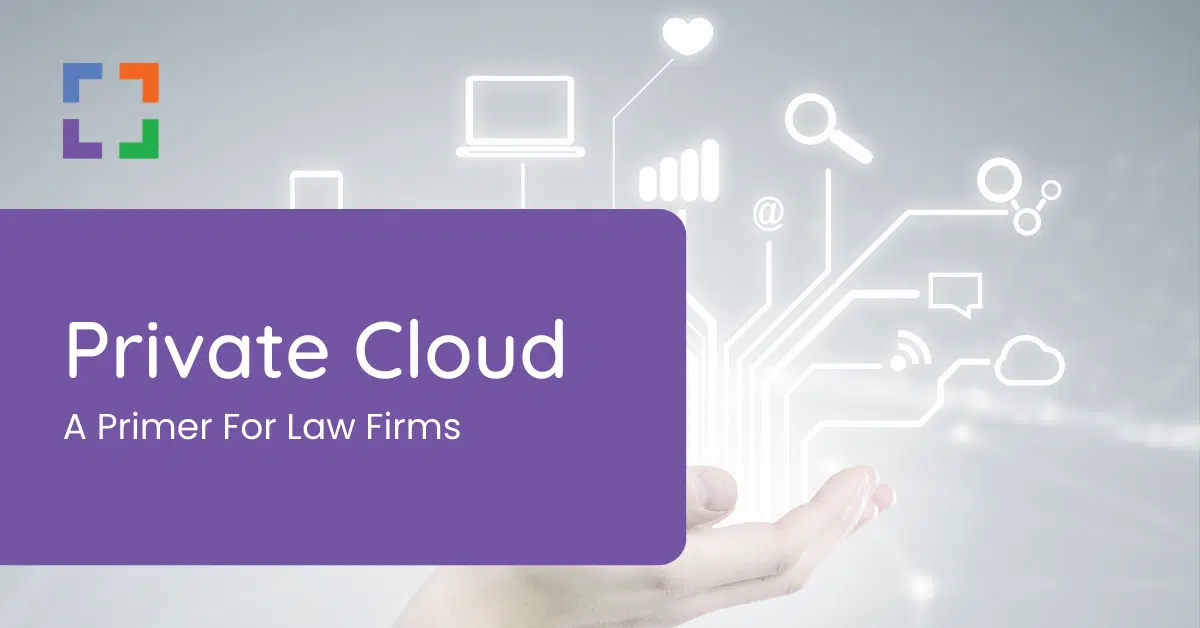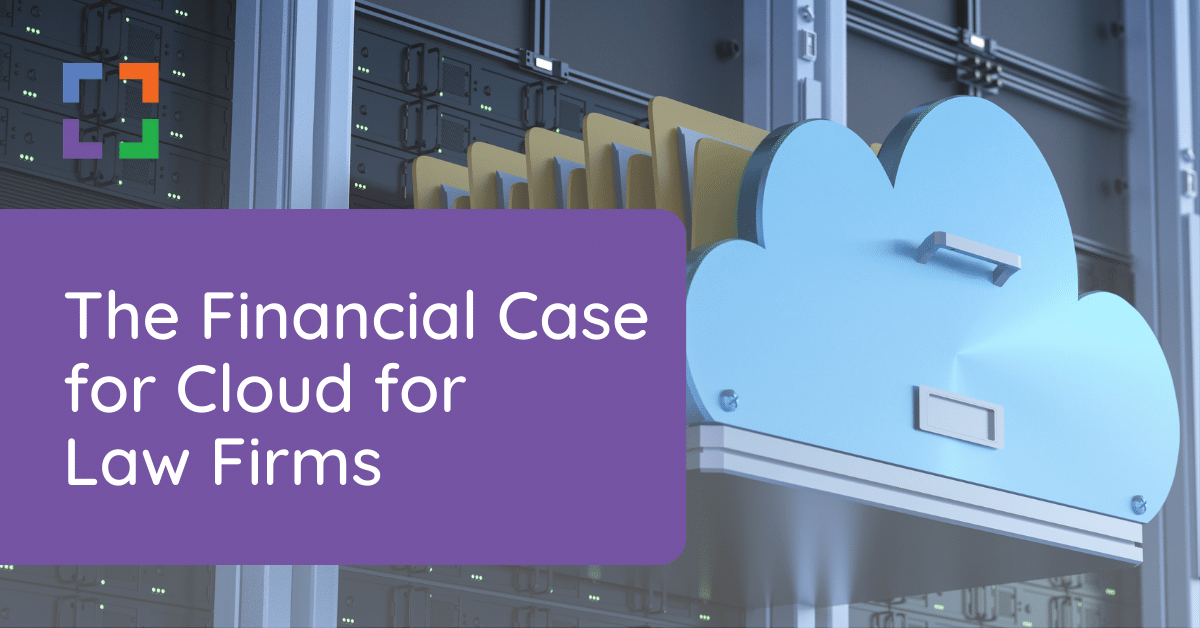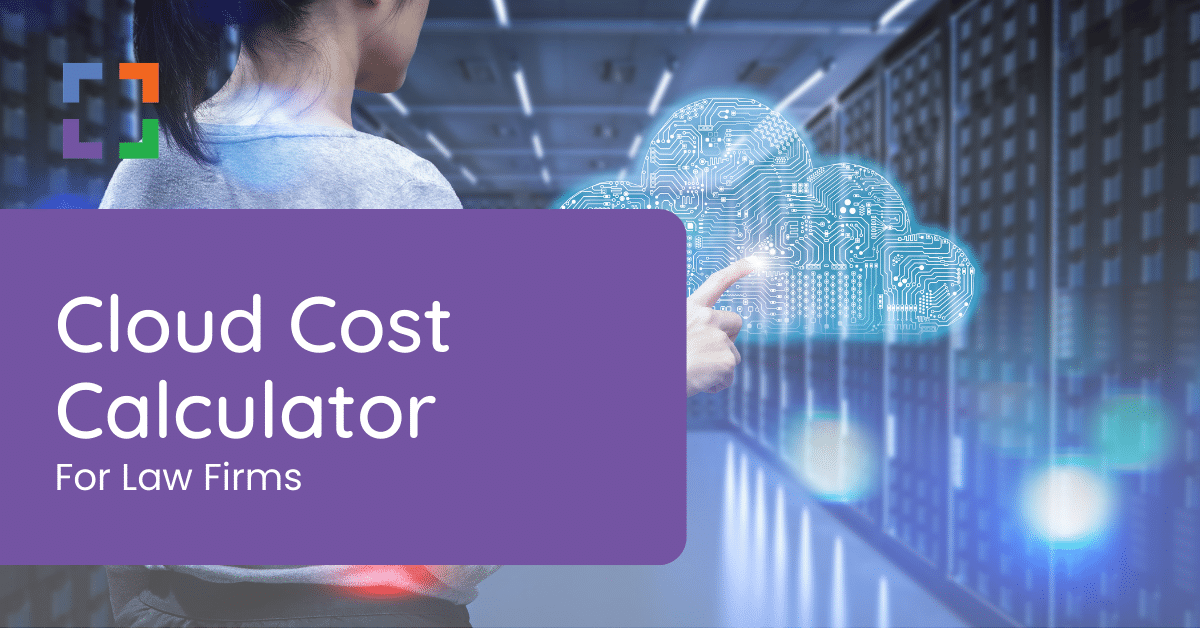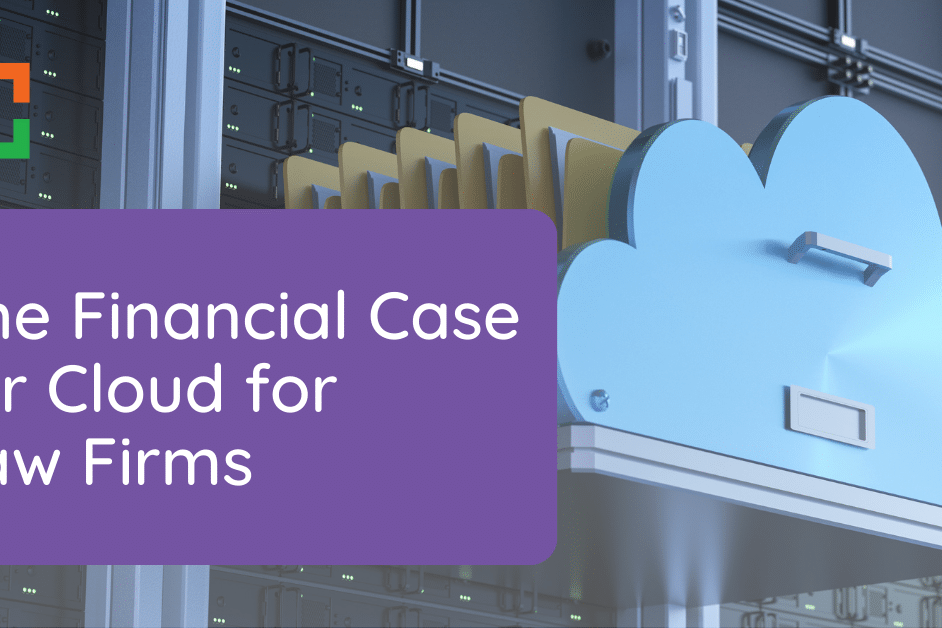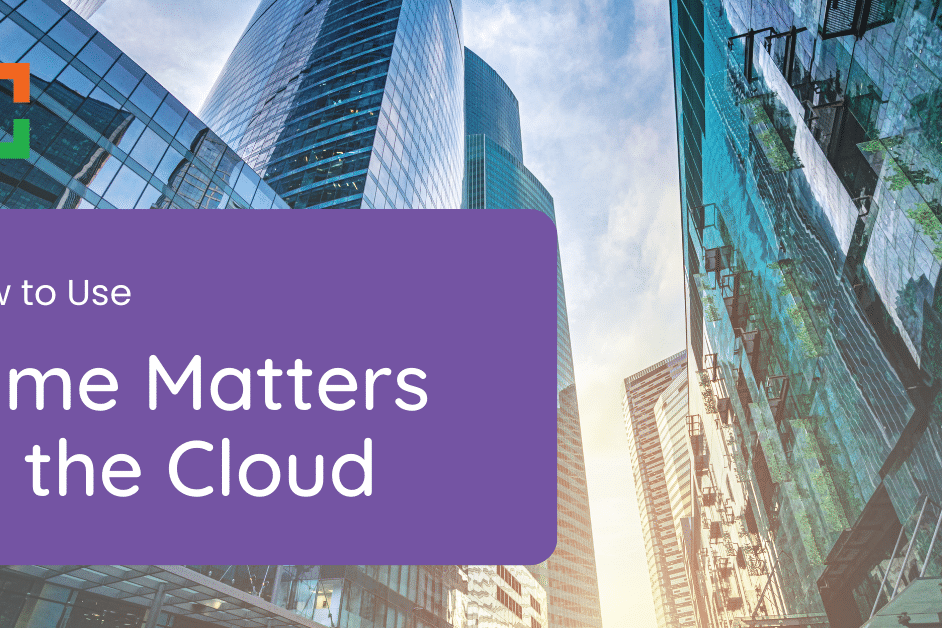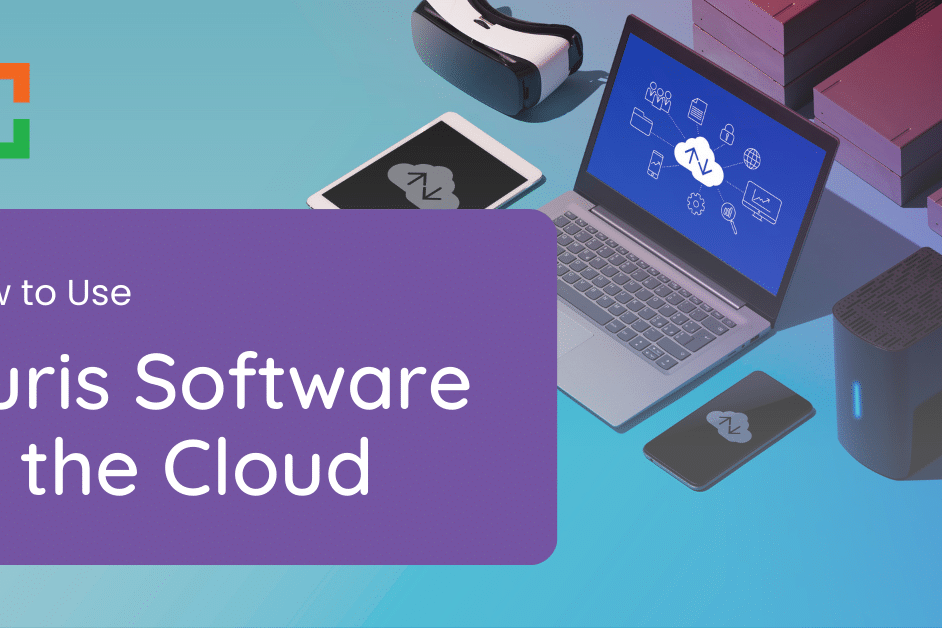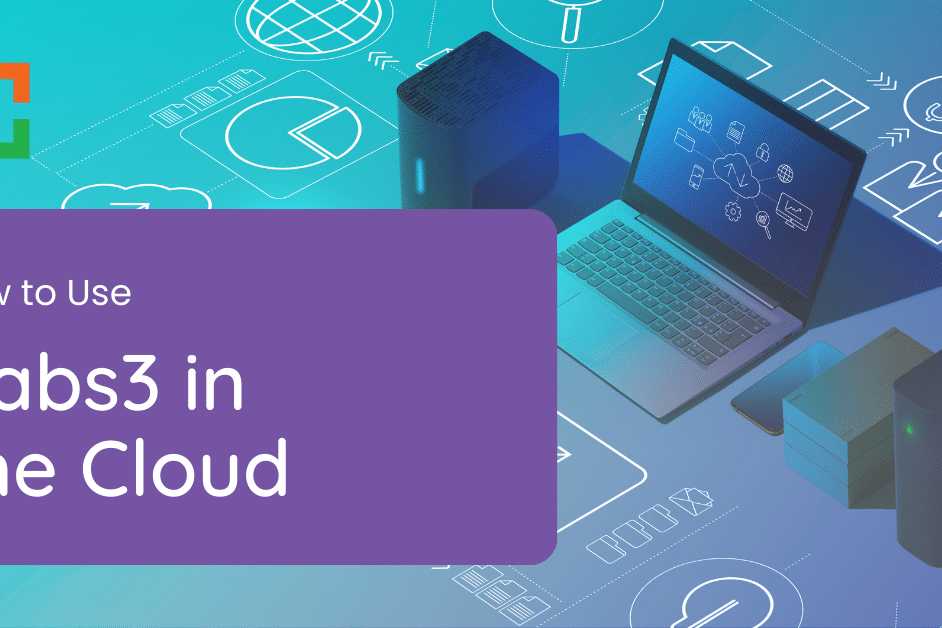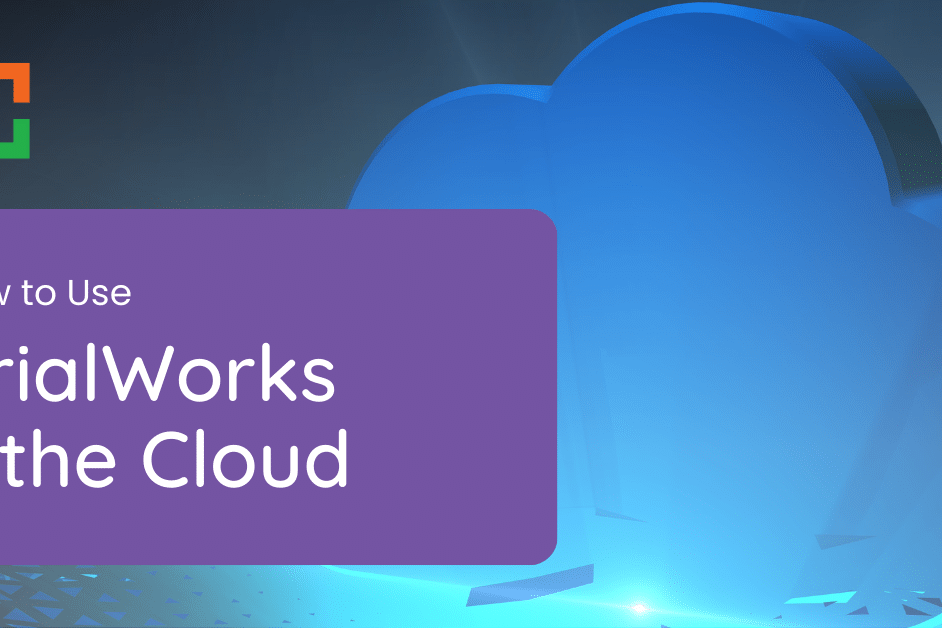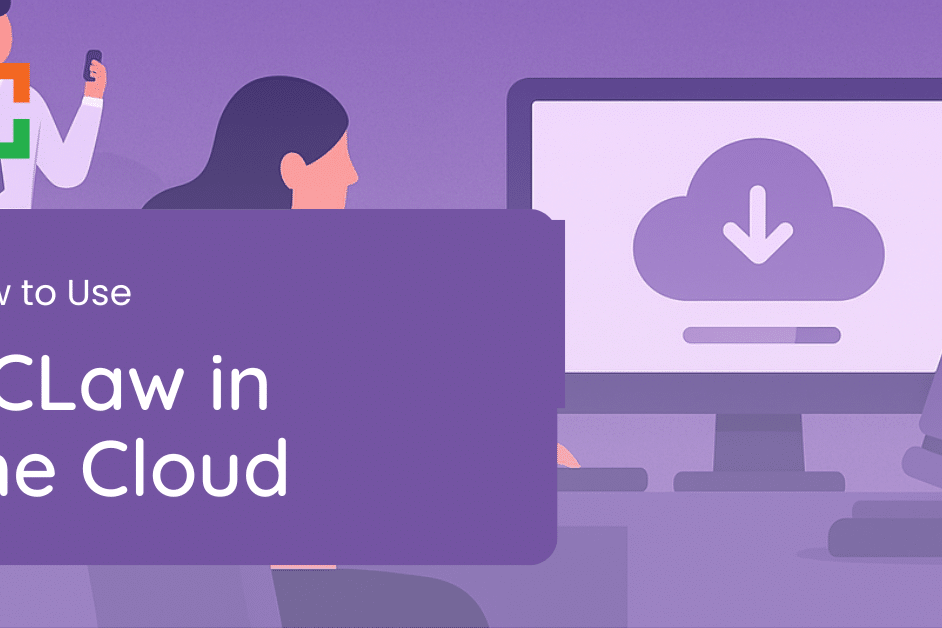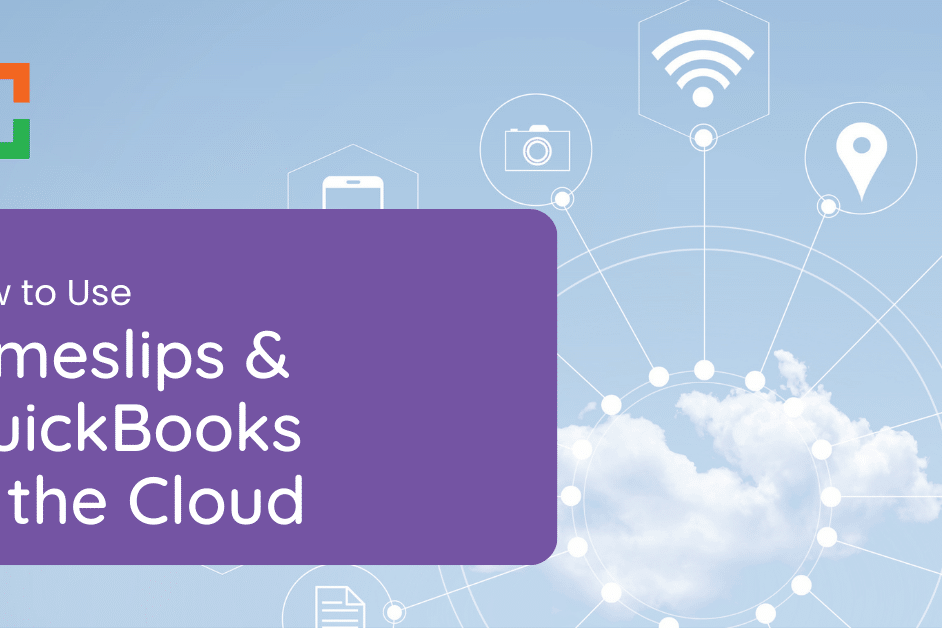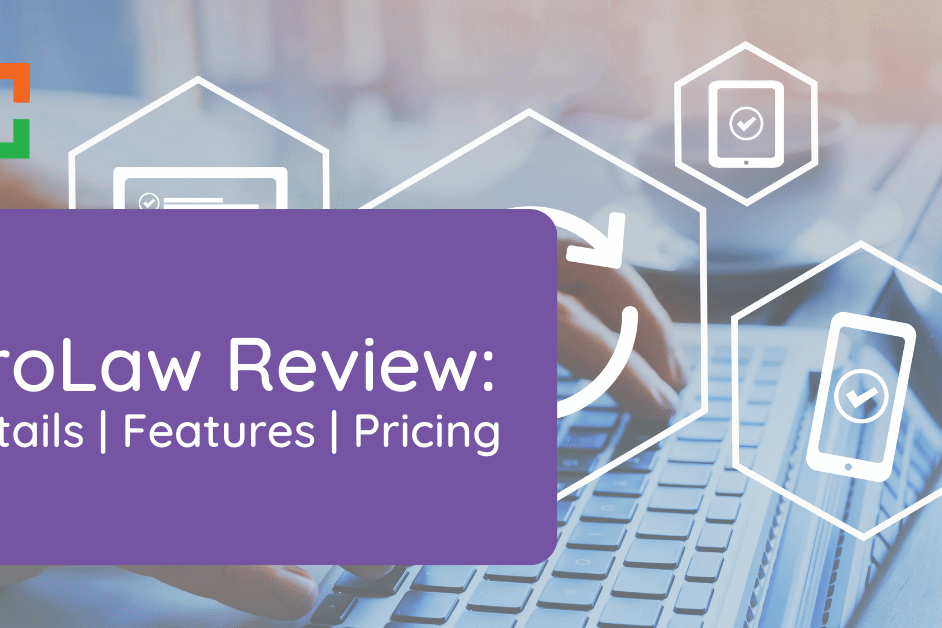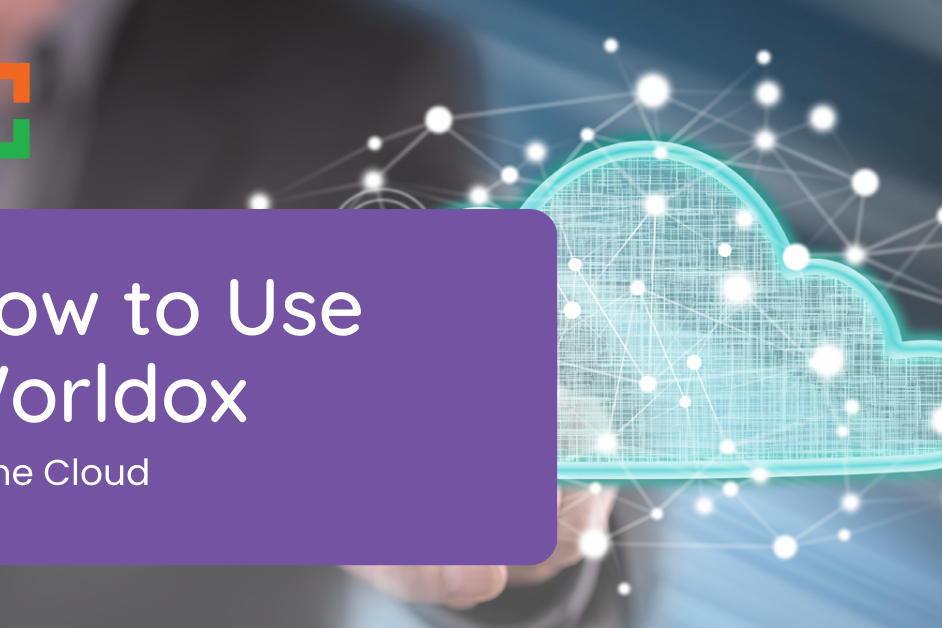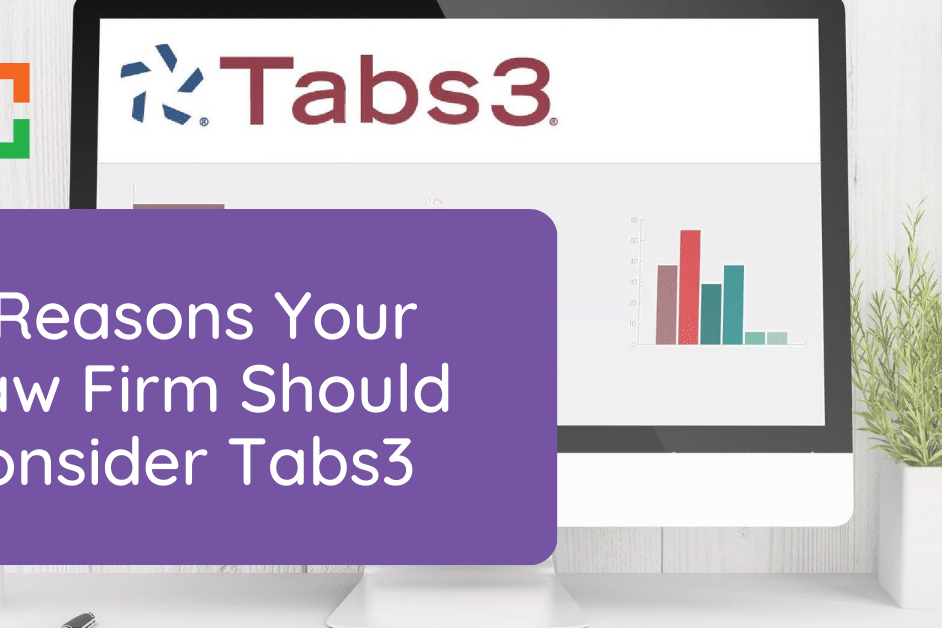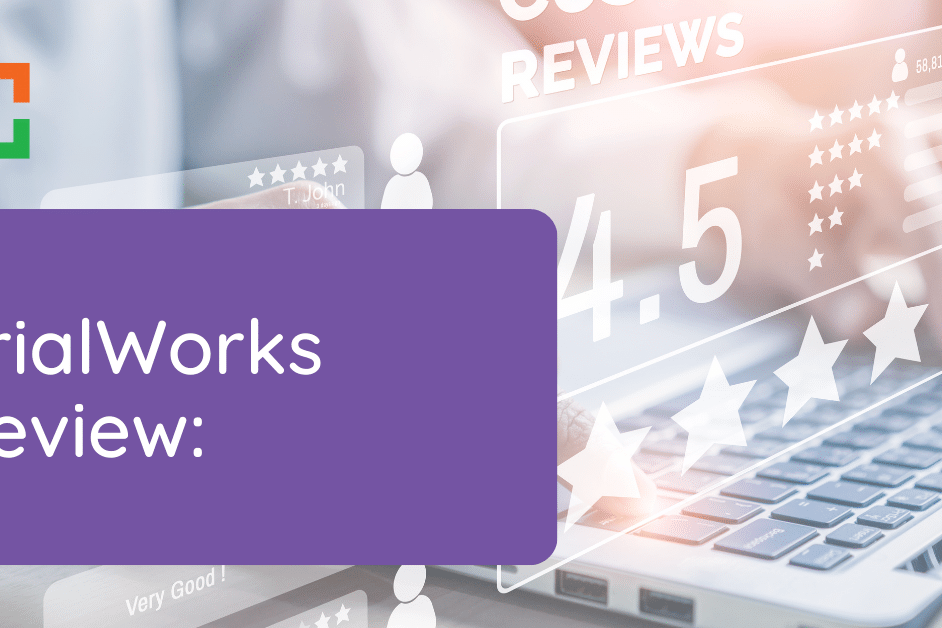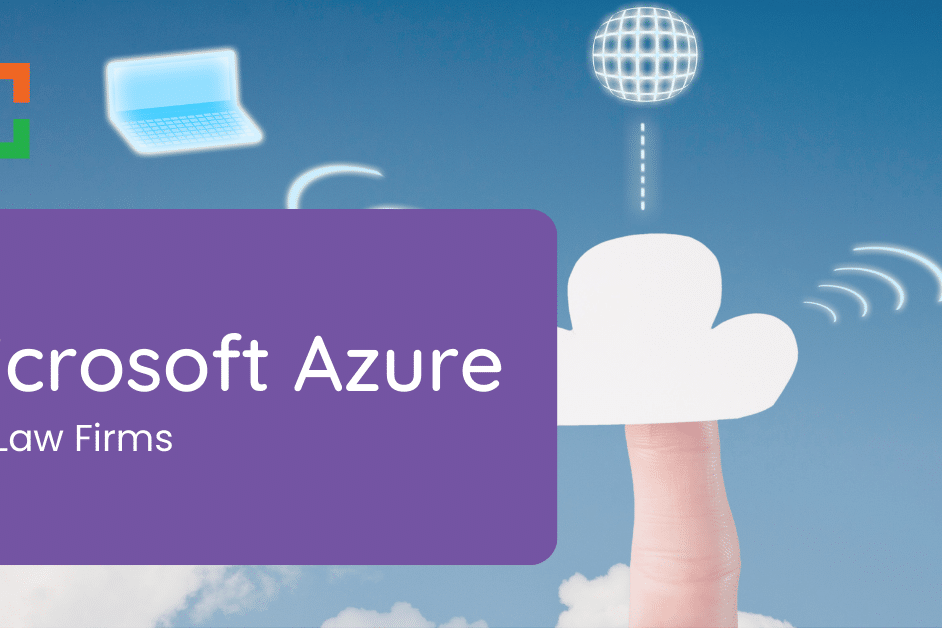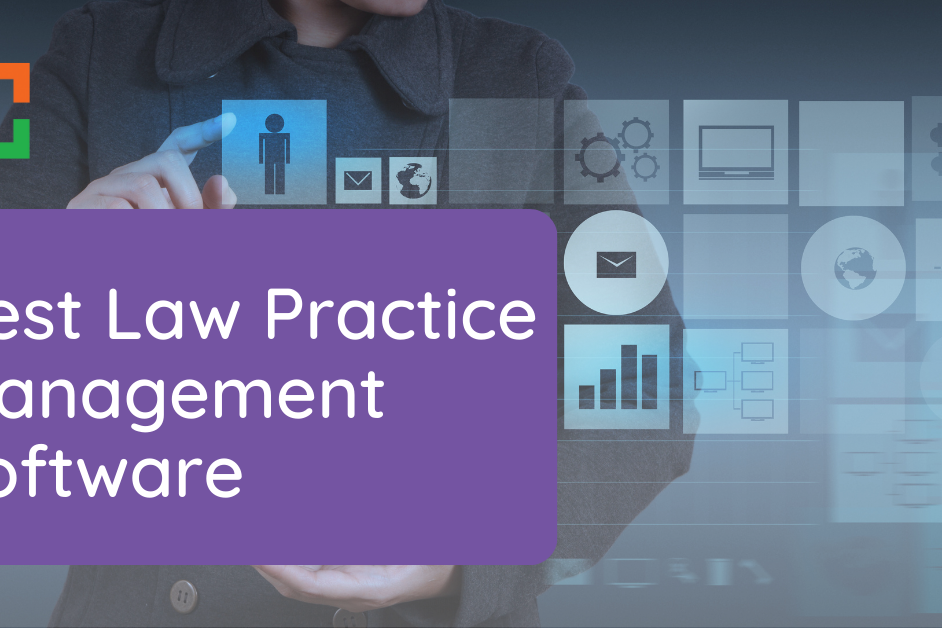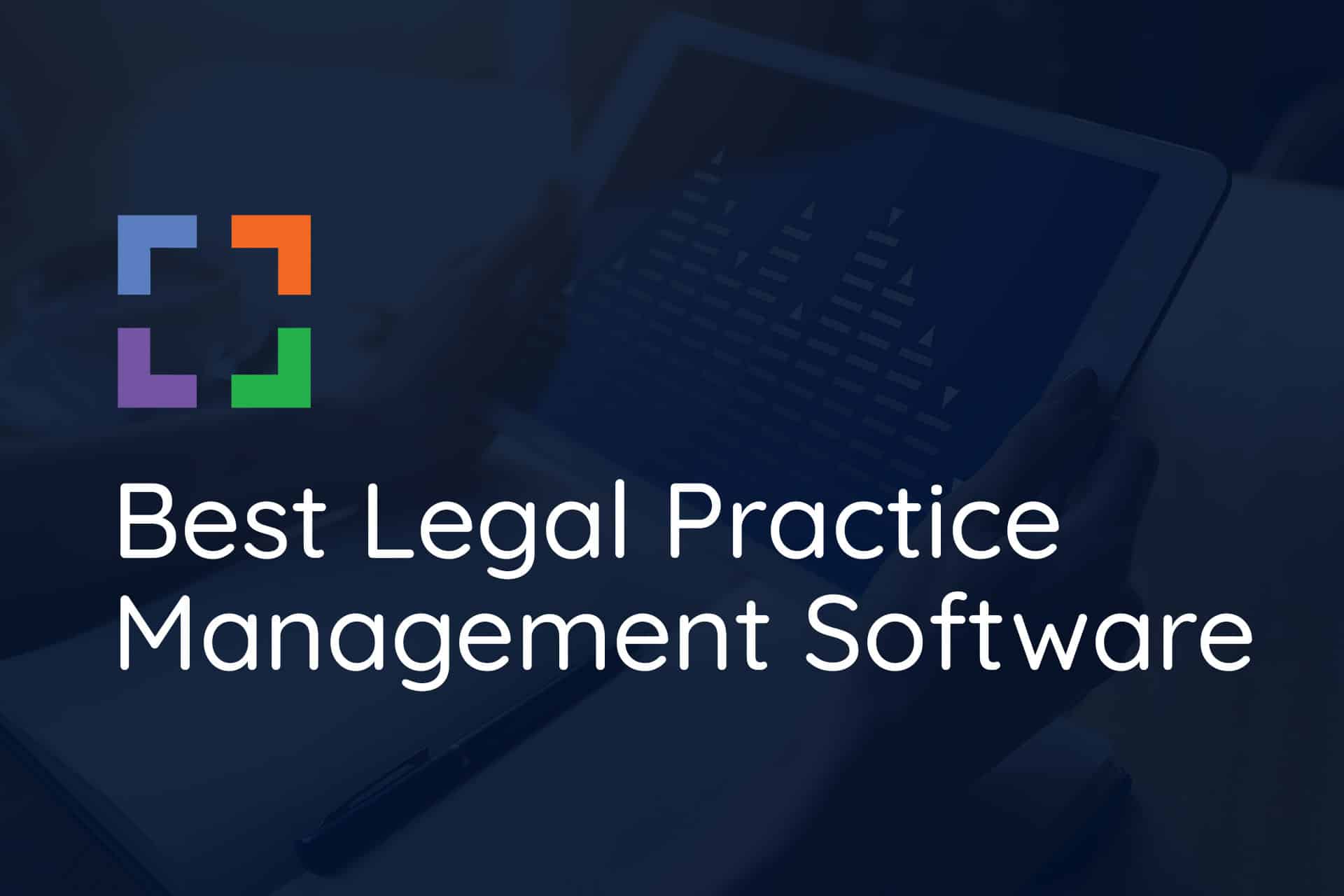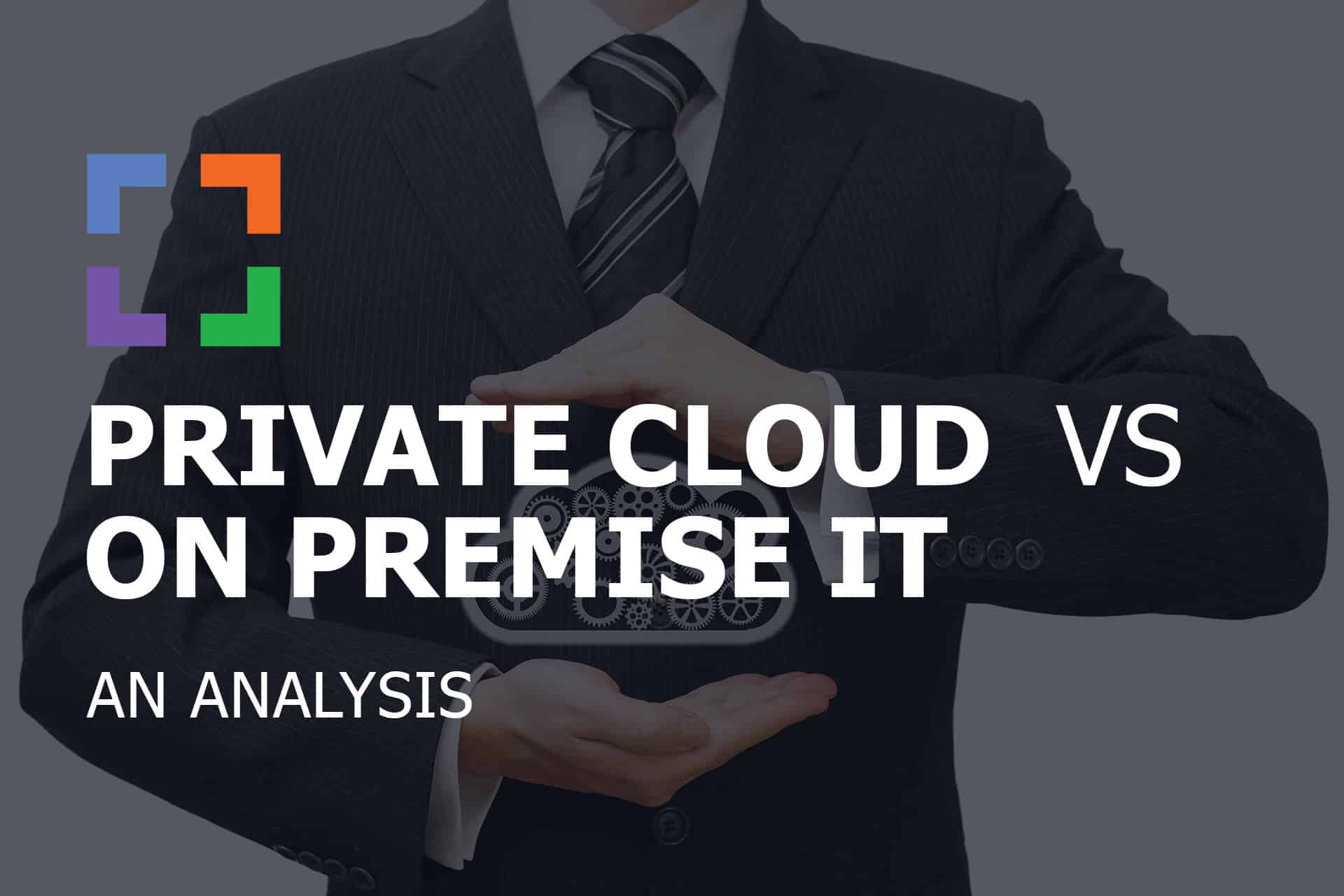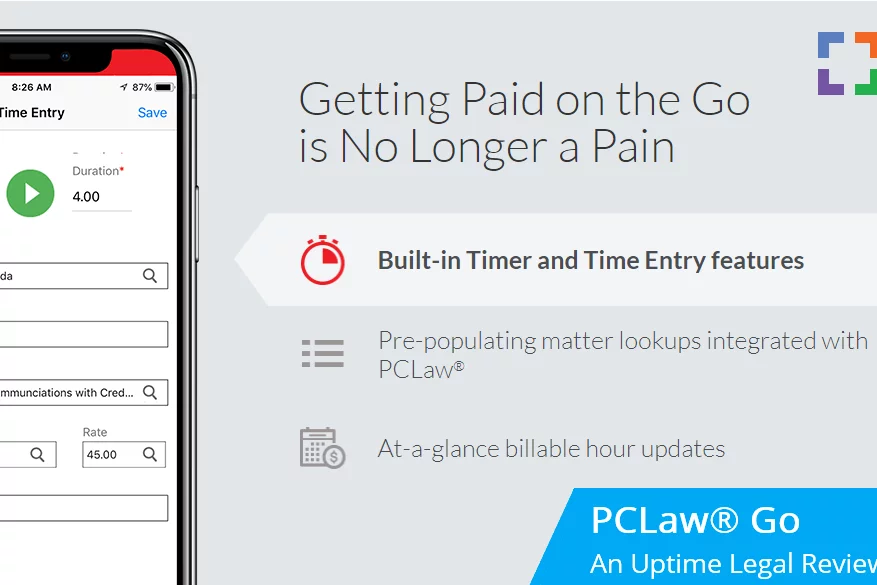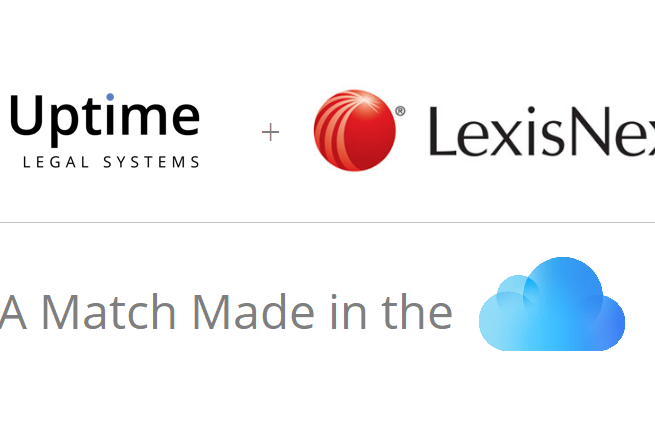How to Use ProLaw in the Cloud in 2025

Hosted software, like ProLaw in the Cloud, has the potential to redefine how law firms function, bringing forth numerous advantages such as cost-effectiveness, adaptability, and heightened productivity.
We’ll dissect the procedure, highlight the perks, and provide insights on how this shift can substantially improve operational agility and user experience.
The aim of this article is to offer insights and direction for maneuvering through this transition, harnessing the strength of the cloud to propel law firms to unprecedented levels of efficiency and success.
In This Article
- Introduction to Legal Software in the Cloud
- Introduction to ProLaw
- ProLaw Workspace
- ProLaw Challenges
- Advantages of ProLaw in the Cloud
- ProLaw as a Cloud App
- ProLaw in a Private Cloud
- ProLaw in a Virtual Desktop
- Migration: How to Move ProLaw to the Cloud
- The Economics of ProLaw in the Cloud
- ProLaw User Feedback
- Doing Your Due Diligence & Mitigating Risk
- ProLaw in the Cloud – Frequently Asked Questions
Introduction to Legal Software in the Cloud
With the ongoing rise of remote work, more and more law firms are seeking to escape the burden of costly in-house servers and IT management.
As of 2025, many web-based applications still struggle to match the comprehensive feature set and capabilities of more established, premise-based software solutions like ProLaw.
However, there’s a way to enjoy the best of both worlds: leveraging the robust functionality of ProLaw alongside the unparalleled flexibility offered by cloud technology.
Who This Guide is For
This guide on running ProLaw in the cloud is for anyone that uses ProLaw (or plans to), and wants to explore doing so in the cloud. This includes:
- Law Firm Partners that drive the IT strategy for their law firm
- Law Firm Administrators that manage the firm's technology
- Law Firm IT Consultants that are looking for solutions for their clients' applications
In this, our ultimate guide to migrating ProLaw to the cloud and hosting it there, we’ll walk you through everything you need to know to assess and implement ProLaw in the cloud.
Learn About Uptime Practice
Practice Go
Practice Foundation
CLOUDIFY YOUR PROLAW
Just ProLaw in the Cloud: Turn your ProLaw into a cloud-based application. Eliminate servers and access ProLaw from anywhere.
FULL PRIVATE CLOUD
All of your software, documents, and data in a secure Private Cloud. Work in a flexible virtual desktop environment; optionally add Office 365 + support
Introduction to ProLaw
If your firm already uses and knows ProLaw, feel free to skip ahead. If you’re new to ProLaw, or considering it for your firm, we’ll provide a brief overview.
ProLaw, by Elite (formerly part of Thomson Reuters; entering acquisition by Francisco Partners announced Aug. 5, 2025), is a long-standing Law Practice Management software suite.
ProLaw continues to be a top-tier suite of practice management, document management, and accounting software for law firms. As the legal industry evolves, law firms are increasingly turning to ProLaw to streamline their operations and improve their workflow.
ProLaw is server/desktop-based software, which means it can run on-premise, on your firm’s in-house servers, or hosted in Private Cloud (which we’ll cover shortly).

At a high level, the ProLaw software suite provides:
- Client & Contact Management
- Case / Matter Management
- Calendaring
- Time & Billing
- Task & Workflow Management
- Document Management
- Accounting
Highlights
In a word, ProLaw is robust. While its often overkill for solos and small firms (firms with less than 10 total people), its great for midsize and larger firms that need high functionality in their practice management platform.
Web-based case management solutions are often a good fit for solos and small firms, but we see many firms “graduate” to ProLaw after reaching a certain size, when their lightweight web app is no longer cutting it.
Modular
ProLaw is really a suite of software, and your firm can purchase and use the modules it needs (or grow into additional modules over time). Practice Management, Document Management, and Accounting make up the three pillars of the ProLaw suite of software.
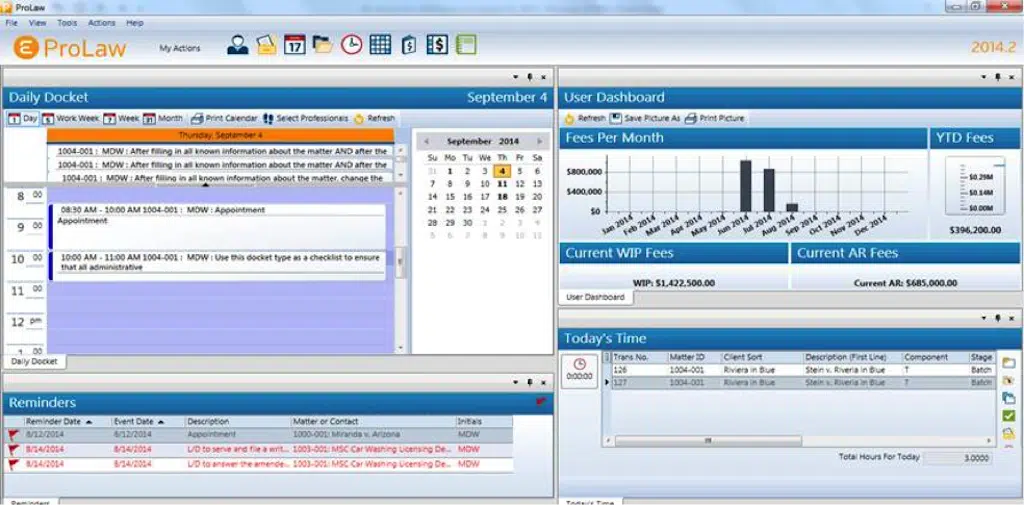
Stand-Out Features
Modular and End-to-End Law Practice Software
ProLaw is modular software, so customers can purchase and use the front-office (practice management and document management) module, the back-office (business and trust accounting) module, or both.
Deep Integration with Microsoft Office
ProLaw integrates with Microsoft Office and has Westlaw integration (historically marketed as Westlaw/WestlawNext); today refer to Westlaw (Edge/Precision).
Simplified (Optional) Web Interface
A relatively new feature, ProLaw offers its ProLaw Workspace option, which provides a simplified web-based interface for user's in the firm that have more basic needs. More on ProLaw Workspace below.
Sidebar: Legal Document Management
ProLaw is great for billing, accounting, and case management. However, your firm may need to supplement ProLaw with a dedicated Document Management System for secure document and email management with more aligned features.
You might consider LexWorkplace, document management software born in the cloud, built for law firms.
- Securely Store & Manage Documents in the Cloud
- Client/Matter-Centric Document Organization
- Full-Text Search Across All Documents & Email
- Outlook Add-In: Save Emails to Matters
- Work with Windows and Mac OS
Who ProLaw is Good For
ProLaw is often a good fit for law firms of 10 or more total people, and law firms that need comprehensive practice management, document management, billing and accounting in a single software suite. ProLaw is generally not well-suited for solo and very small law practices.
Don’t Sacrifice the Right Software for the Cloud
The cloud brings many benefits to small and midsize law firms (which we’ll enumerate shortly). Some law firms, looking for the reliability, security and mobility of the cloud assume that the only way to achieve these benefits is to abandon their software and move to a web-based software application.

The problem with many web-based law practice management applications is that they are, by comparison, watered-down or bare-bones. ProLaw, in particular, is robust, developed law practice management software, that objectively does much more than today’s web-based software.
We’ve witnessed more than a few law firms move from robust applications, like ProLaw, to a web-based alternative… only to be disappointed and eventually switch back.
The good news is that you can keep the software you’re committed to and enjoy the benefits of the cloud in a ProLaw hosting solution.
In Love with a Server-Based Software?
Use Uptime Practice to Host It on the Cloud!
- Get Your Firm's Software to the Cloud
- Access it From Anywhere
- Avoid Server Maintenance
- Pursue a Virtual Law Firm
- Get Included Support
ProLaw Workspace
A relatively new feature, ProLaw offers its ProLaw Workspace option, which provides a simplified web-based interface to the ProLaw database. This allows power users to use the more robust desktop application, while providing a simplified interface for user’s who’s needs are more basic.
While used from a web browser, ProLaw Workspace still requires on-premise servers or moving your ProLaw to a Private Cloud.
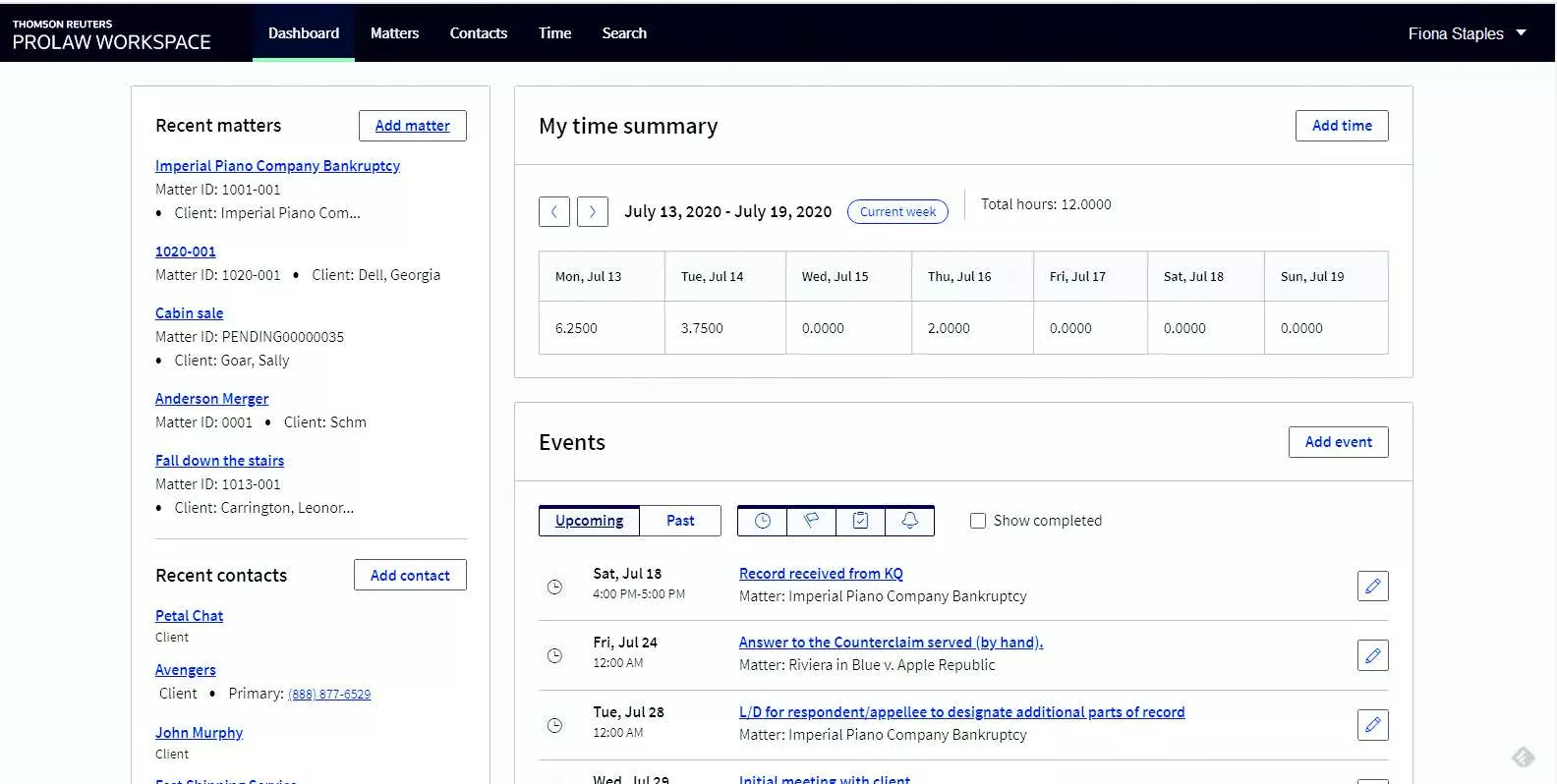
Learn More about ProLaw
Related – ProLaw: Complete Review, Features, Pricing: Learn more about ProLaw to decide if it is the best option for your firm.
Related – ProLaw Workspace–Review & Guide for Law Firms: ProLaw created this web-based portal to their software. Though it comes with limited features, it’s useful as a supplement to ProLaw software.
ProLaw Challenges
While ProLaw offers a robust suite of features for law practice management, certain challenges may arise for its users.
These challenges, while not deal-breakers, are important considerations for any law firm evaluating ProLaw as a solution. Here’s a detailed look at some of the common shortcomings of ProLaw:
Complex Implementation Process
ProLaw's robust functionality comes with a complex setup and implementation process. Firms might find the initial deployment to be time-consuming and requiring significant IT resources.
Cloud hosting can simplify this process, as the hosting provider often takes on the burden of setup and maintenance, streamlining the implementation.
Cost Considerations
For small to mid-sized firms, the cost of ProLaw—including necessary server infrastructure, ongoing maintenance, and updates—can represent a significant financial investment.
This cost may be prohibitive for firms with tight budgets, making it important to weigh the ROI before proceeding with implementation.
Steep Learning Curve
The comprehensive nature of ProLaw means there's a lot to learn to fully utilize its capabilities. New users may find the software overwhelming, necessitating formal training.
Hosting in the cloud can offer more accessible training resources and support, easing the learning curve.
On-Premise Infrastructure Requirements
Running ProLaw traditionally requires on-premise servers, which come with their own set of challenges, including maintenance, upgrades, and security concerns.
For example, take a look at the chart below to see how the frequency of server failure increases with each year.
This burden, if hosting ProLaw on in-house servers, falls completely onto your law firm.
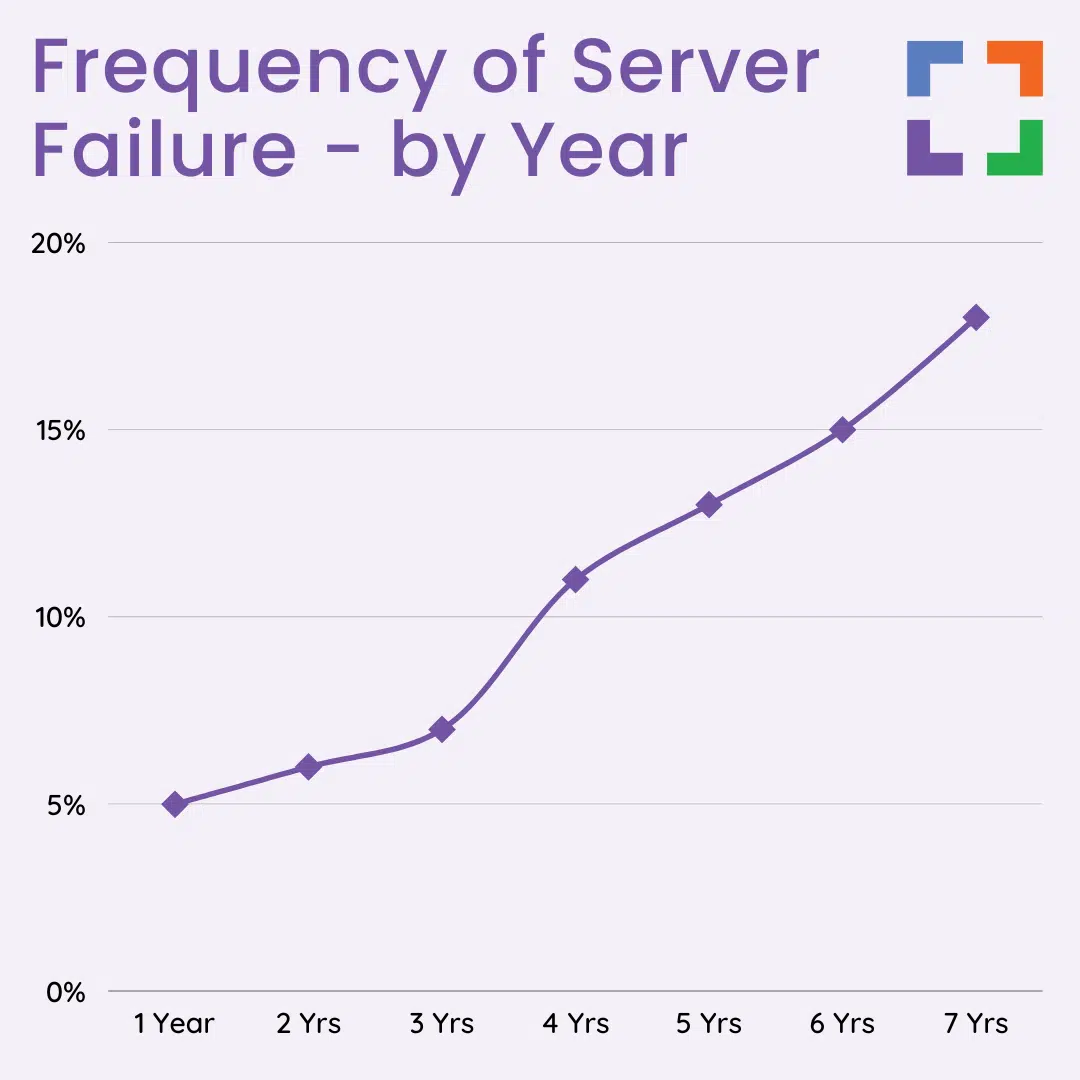
Integration Complexities
While ProLaw integrates with various applications, including Microsoft Office, the integration process can be complex and may not always meet the specific workflow needs of every firm.
Cloud environments can offer more flexible integration capabilities, potentially smoothing out these complexities.
Accessibility Limitations
Access to ProLaw is traditionally limited to the office where the servers are located, posing challenges for remote work or when accessing information from court or outside the office.
Data Backup and Recovery Concerns
Effective data management is crucial for law firms. In an on-premise environment, firms must manage their own backups and recovery plans, which can be both risky and resource-intensive.
Cloud hosting provides automated backup solutions and disaster recovery options, ensuring data is secure and easily recoverable in the event of a failure.
Software Updates and Maintenance
Keeping ProLaw up-to-date requires manual updates and maintenance, which can lead to downtime or operational delays.
In a cloud-hosted environment, updates can be managed by the provider, ensuring that the latest features and security measures are always in place without disrupting the firm's operations.
Security and Compliance
Maintaining the security of sensitive client data and ensuring compliance with legal standards is paramount for law firms. Managing this in-house can be a significant burden.
Don’t forget — as technology advances, so do cyber-attacks. Take a look at these statistics from the ABA Legal Technology Survey Report.
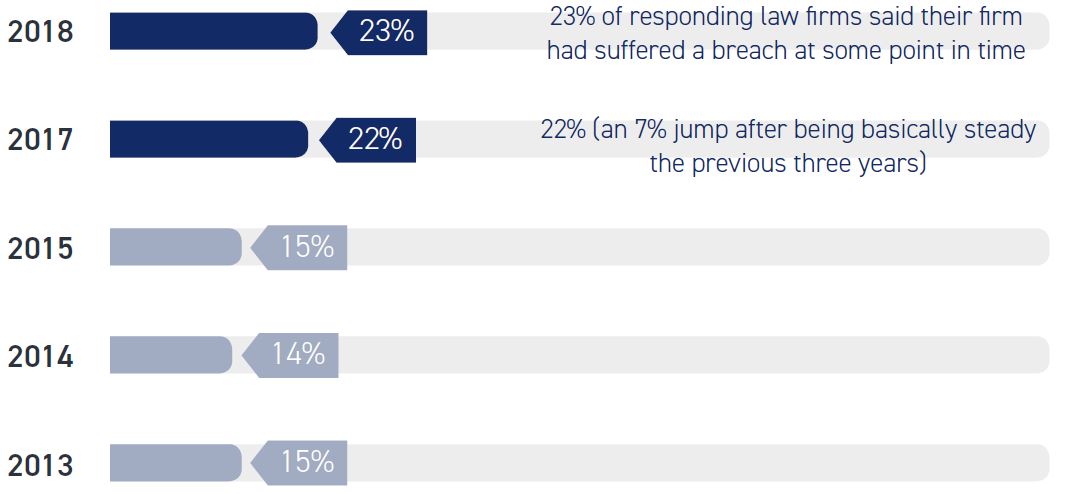
While ProLaw presents certain challenges, many of these can be mitigated or even eliminated by opting for a cloud-hosted solution.
Cloud hosting not only addresses issues like accessibility, cost, and IT infrastructure but also enhances security, flexibility, and ease of use, making it an attractive option for law firms looking to leverage ProLaw’s comprehensive features without the associated drawbacks.
Advantages of ProLaw in the Cloud
ProLaw is great, and it’s even better in the cloud.
For most law firms, life is simply better in the cloud; and ProLaw is no exception. You can run ProLaw in the cloud, and before we explain exactly how ProLaw cloud hosting works, I’ll take a moment to explain why, in most cases, ProLaw is better in the cloud.
The Best of Both Worlds
The cloud brings mobility, accessibility and security. ProLaw provides a rich, comprehensive platform for managing your firm’s clients, cases, documents and accounting. Bringing both togethers gives your firm a “cake-and-eat-it-too,” best of both worlds scenario.
By running ProLaw in the cloud, your firm can keep the robust legal software that your firm is committed to and relies on, while enjoying the advantages of the cloud.
Managing Servers & IT is a Pain
For a long time, managing and supporting on-premise servers was a necessary evil to run quality legal practice management software. Applications like ProLaw bring a lot of value to law firms, but it requires a server (one way or another), so law firms had to suck it up and get a server.
That server requires a lot of maintenance, both proactive (to keep it up and running) and reactive (fixing things when they break). To run ProLaw on-premise, you’ll need to:
- Purchase Server Equipment Every 3 - 5 Years
- Purchase and Implement Microsoft SQL Server
- Implement and Manage Backups & Disaster Recovery
- Implement and Manage Data Security (Encryption, etc.)
- Perform Routine Preventative Server/IT Maintenance
- Retain an IT Consultant or Firm to Keep Everything Running
Running ProLaw in the cloud (ProLaw hosting) on the other hand, gives you the benefits of having ProLaw , without the inherent drawbacks of server ownership.

Uptime Practice was a true miracle when the pandemic struck. We moved to Uptime Practice and were working immediately.
Todd Tracy – The Tracy Law Group, PLLC
Work from Anywhere
Being tied to a single computer or office limits today’s law firm. Attorneys and staff need the freedom to work anywhere—log billable time from home, review contracts on the way to the airport, or check court deadlines at a client site.
Running ProLaw in the cloud gives your team secure, full access to your software—and, with the right setup, all your applications, documents, and email—from any device, anywhere.
Ditch the clunky VPNs and remote-login workarounds. A Private Cloud with ProLaw delivers a secure, user-friendly virtual desktop so you can work seamlessly from any location.
Data Security & Compliance
As law firms, you have ethical obligations to keep your firm and client data secure. Cyber-attacks are only becoming more prevalent, and compliance requirements only more stringent.
Your ProLaw, and your law firm’s data, is orders of magnitude more secure in a reputable cloud platform that employs the following security measures:
- Data Encryption In-Transit and At-Rest
- End-to-End Virus Protection
- Protection Against Ransomware
- Multi-Factor Authentication (MFA)
- Redundant Data Centers
- Backups with Point-In-Time Recovery
- Enterprise-Grade Firewall Protection
- Active Threat Monitoring
- Regular Security Patching
- Dedicated Private Network Per Firm
- Dedicated Private Virtual Servers

Now compare that to an unmanaged office server sitting in a coat closet or copy room. Few firms—outside the largest—can match the security infrastructure a professional cloud provider offers.
A quality provider can invest in bank-grade security; your firm benefits from its Fortune-500-level protections. Don’t assume that data in your building is inherently safer. If your server connects to the internet, it’s already reachable by hackers—the only question is who’s managing your security, and whether it’s being managed at all.
Related – Law Firm Cloud Security – 12 Things to Look For: One of the best features of a good cloud provider is enhanced security without extra effort.
Work With Windows and Macs
Macs are becoming more common in law firms. Some smaller firms run entirely on Macs, while others have a mix of Windows and Mac systems. Even in all-PC offices, it’s not unusual for partners or staff to use a Mac at home.
Most traditional law firm software, including ProLaw, is built for Windows—leaving Mac users with limited options. Historically, that meant running Parallels or similar virtual Windows software on a Mac, a notoriously slow and cumbersome workaround.
Hosting ProLaw in the cloud with a Virtual Desktop changes that. Mac users get the same full, seamless access to ProLaw—and all other firm applications—as their PC counterparts. Virtual Desktops are inherently platform-agnostic, so your team can work from any device without compromise.
More Reliability, Less Downtime
Capable Private Cloud platforms like Uptime Practice are built with enterprise-grade infrastructures and managed round-the-clock by professionals. This minimizes downtime for your firm and maximizes productivity.
Professional-grade Private Cloud solutions typically include:
- Redundant Physical Servers
- Redundant Routers & Network Equipment
- Redundant Upstream Internet Providers
- Redundant Data / Hard Drive Arrays
- Geographically Redundant Data Centers
- Multiple Redundant Data Backups
- Point-in-Time Data Recovery / Restoration
- Routine System Maintenance & Patching
- 24 x 7 x 365 System Monitoring
All of these measures add up to reliability and uptime for your systems and your law firm.

Flexible & Scalable
The cloud is flexible and scalable, and running ProLaw in the cloud is no exception.
With a Private Cloud solution, you can add (or remove) users, applications, storage and other features when you need them. Unlike the rigidity and financial commitment of server ownership, the cloud helps your law firm stay agile.
More Economical
We’ve worked with many law firms to conduct a side-by-side financial analysis of cloud vs. on-premise IT, and we consistently find that the Total Cost of Ownership is significantly less in a Private Cloud.
This is almost always the case, and factors in the up-front costs, monthly, and potential unplanned IT costs associated with server ownership and local IT support.
We’ll cover the economics of ProLaw in the cloud in more detail below, and we’ll provide some nifty tools for you to conduct your own financial analysis.
Centralization
In today’s Work From Anywhere and hybrid work models, creeping decentralization becomes a real risk.
Law firms with multiple locations have been working against this problem for a long time. Now add employees that work (partially or entirely) from home, and the risk of data and applications being spread in too many different locations becomes pronounced.
A Private Cloud platform serves as your firm’s single, central hub, where ProLaw and all of your firm’s applications and data lives. One system to log into, one virtual workplace, regardless of the geographical makeup of your team.
Related Video:
Why You’re Struggling to Work from Home
ProLaw as a Cloud App
ProLaw is fundamentally premise-based software, designed to run on a server—usually inside a law firm’s office—unlike cloud-native applications that operate entirely in a web browser.
That doesn’t mean ProLaw can’t run in the cloud. In fact, there are several ways to “cloudify” it.
One of the simplest is to use a lightweight cloud platform, such as Practice Go, to run ProLaw as a published or web application—essentially turning it into a browser-accessible app.
This approach works well if your firm only needs ProLaw in the cloud and already has a separate cloud strategy for other systems. If you’re aiming for a more comprehensive cloud environment, a Private Cloud or Virtual Desktop solution may be a better fit.
ProLaw in a Private Cloud
Now that we’ve covered why ProLaw works better in the cloud, let’s look at how it actually works—and start by clarifying the difference between cloud-based and server-based software.
Before cloud computing became mainstream, most business and legal software—including ProLaw—was installed on a firm’s on-premise server and accessed from desktop computers. The core components, including the database, lived on that server, making ownership (and maintenance) of a server a prerequisite.
That was simply the way it worked.
Today, a Private Cloud changes the equation. A Private Cloud is a hosted, managed IT platform that delivers all the capabilities of an on-premise server—hosting your legal applications, documents, email, and more—while adding mobility, reliability, and enhanced security.
ProLaw still requires a server; with a Private Cloud, the cloud is the server.
A Private Cloud built for law firms, such as Uptime Practice Foundation, typically includes:
- Hosting for ProLaw and your other legal software
- Cloud storage – a file-system for your files and folders
- Support for ProLaw and your legal software – including updates and maintenance
- Office 365 – for productivity
- Microsoft SQL Server — needed to run ProLaw
- Exchange Email
- All necessary server maintenance, backups, and security
- IT Help Desk support for your team
The “Private” in Private Cloud
Private Clouds are so-called because every law firm (called a “tenant” in cloud computing parlance) has their own segregated, dedicated working environment. In most cases, that means:
- Dedicated/Private Virtual Servers
- Dedicated/Private Virtual Network (VLAN)
- Dedicated/Private Active Directory
- Dedicated/Private SQL Server/SQL Database
If you’re not familiar with these technologies: This amounts to your law firm’s own private space for its software, documents, and data separate from other law firms, which gives your firm an added level of data security and privacy.
Related – Private Cloud 101 for Law Firms: Learn the fundamentals of a private cloud.
That’s the “back-end” of running ProLaw in the cloud. You and your team will interact with the Private Cloud via what’s known as a Virtual Desktop.
ProLaw in a Virtual Desktop
We’ve covered the benefits of running ProLaw in the cloud, and how a Private Cloud is a means to that end. But what does working in a Private Cloud look like? How does each person in your firm use it?
The answer is: a virtual desktop.
A Virtual Desktop is a desktop, like the Windows or Apple desktop you log into and use at home and work, that is hosted in the cloud, and that you can access anytime, anywhere. Typically, your Virtual Desktop will have the software that you need every day, like Microsoft Word, Excel, Outlook, along with your law practice management software, accounting software, even your document management software.
The Virtual Desktop makes your law firm’s software, which is otherwise only available from your work computer or while connected to your office’s servers, available from any computer in the world.
Virtual Desktop solutions such as Uptime Practice Foundation are sometimes also referred to as “Desktop-as-a-Service,” or DaaS (analogous to “Software-as-a-Service, or SaaS).
How Virtual Desktops Work
In a traditional computing environment, your core law firm software is installed on your physical, local desktop, or the workstation you use in the office. In this traditional model, everything runs locally, and your applications are installed on your individual computer.
A Virtual Desktop is different. In a Virtual Desktop environment, very few, if any, applications are actually installed on your local computer. Often, the only icon on your local desktop is a shortcut to log into your Virtual Desktop.
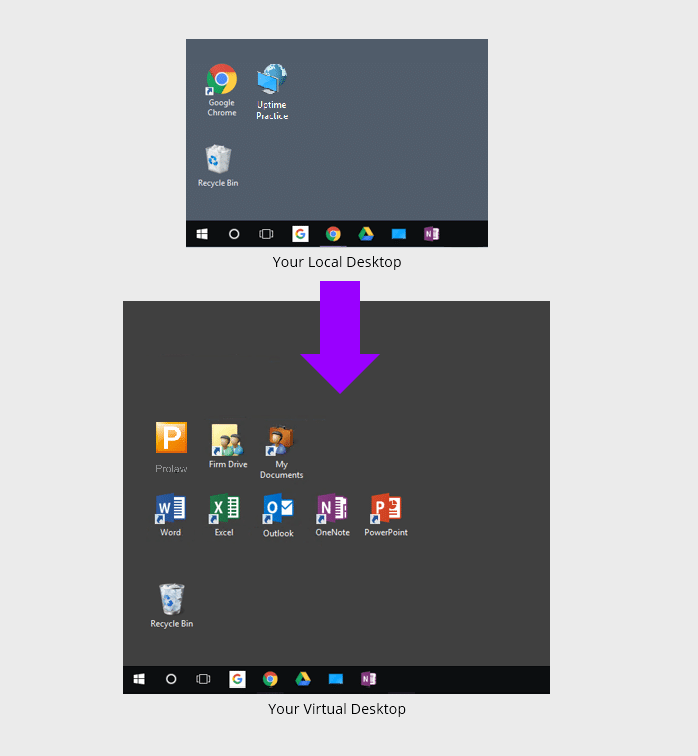
When you (or anyone in your team) logs into your Virtual Desktop, you’ll have access to all of your law firm’s software, documents and data, including:
- Your ProLaw Software
- Your Other Legal Software
- Your Productivity Software (Microsoft Office)
- Your Documents, Files, and Folders
- Your Outlook & Email
This gives your entire firm access to ProLaw (and all of your applications, documents and data) from anywhere, on any device.
Virtual Desktops also mean that you no longer have to install, update and maintain each of your applications on every computer within your firm. Instead, your Cloud Service Provider simply keeps all software updated for you.
Related – Virtual Desktops for Law Firms: How They Work, and Why Your Law Firm Should Probably Use Them.
Should My Law Firm Use Virtual Desktops?
Virtual Desktops bring many advantages to law firms. Specifically, Virtual Desktops are likely the best technology route in any of the following scenarios.
- Your firm is committed to the ProLaw software
- Your firm uses a combination of devices (Windows, Macs, Tablets)
- Your firm needs to be able to work from anywhere
- You're tired of dealing with servers and IT headaches
- Your firm needs to keep your applications an data secure
We’ll cover selecting the right Virtual Desktop provider, and doing your due diligence, shortly.
Virtual Desktops Demonstrated
For an example of working in a Virtual Desktop, watch our demonstration of Uptime Practice.
Migration: How to Move ProLaw to the Cloud
Now that we understand how ProLaw in the Cloud works, the benefits and the functions, we’ll walk through how to move ProLaw to the Cloud.
This process is typically administered by your chosen Cloud Service Provider, but could be done via a combination of IT consultants, software consultants, and cloud hosting providers.
Steps to Move ProLaw to the Cloud
Step 1: Onboarding Project Manager
Your ProLaw cloud migration should begin he same as any well-managed project: with a single point of contact.
Your project manager (at Uptime Legal, we call this person the Onboarding Manger) should begin by clearly setting expectations and clearly communicating the next steps, removing any uncertainty as to the path that lies ahead. Your Onboarding Manager should define specific timelines, expectations, and what is needed from you.
Step 2: Discovery
While a good cloud service provider will have a well-defined and documented process for onboarding, the process is never cookie-cutter, and no two law firms are alike. A good ProLaw cloud migration process should begin with deep discovery and assessment of the firm’s current environment, including:
- Inventory of Software to be Migrated
- Inventory of all Documents and Data
- Identifying Email Accounts and Settings
- Documenting Third-Party Services, Logins and Accounts
- Inventory of Network Devices and Peripherals
- Testing of Firm Internet Speed
Step 3: Build
Next, your ProLaw hosting provider will begin building your private cloud environment. A good provider will have a well-developed process, and can build your private cloud quickly. The Onboarding Manager and engineering team will install your software, provision your email accounts, and generally build the “shell” of your complete IT platform. This process includes:
- Provisioning of Virtual Servers
- Setup of Each User Profile / Virtual Desktop
- Installation of Your Firm's Software
- Setup of Your File System (Including Permissions)
- Thorough Testing of Your New Cloud Environment
Step 4: Go-Live
Next, your ProLaw cloud provider will begin the process of collecting your data from current locations. Each element of your firm’s technology will be moved over, component-by-component. This cutover process includes:
- Each Applications Data/Database (including ProLaw)
- Your File-System, Files and Folders
- Your Email Mailboxes and Distribution Groups
- Utility Functions (Print Servers, DHCP, DNS, etc.)
The physical transfer should be seamless and all data transferred securely to the new cloud platform. The Onboarding Manager and his team should thoroughly test every application (once data has been imported), and test computers and peripherals.
The ProLaw hosting provider should be very flexible in scheduling the cutover, including executing it over an evening or weekend, so that, the entire cutover process takes no more than a day, and results in little or no user downtime.
Step 5: Training & Ongoing Support
A good ProLaw hosting provider knows that first impressions matter.
Successful adoption starts with a reliable, easy-to-use system from day one.
Your provider should have a clear training plan for the entire staff and offer extra guidance as needed. An Onboarding Manager—who oversees the migration—should be on the front lines, leading training, answering questions, and tying up loose ends.
The process shouldn’t end once the migration is complete. A quality provider offers both responsive, on-demand support and proactive account management, ensuring you have not just technical help, but a long-term partner and legal technology advisor.
Meticulous onboarding can mean the difference between failure and success. Everything above is essential for a seamless, stress-free transition of ProLaw—and your firm—to the cloud.

Related – ProLaw Support: So, you want to get ProLaw. Read this article to ensure you have the best support possible.
The Economics of ProLaw in the Cloud
Beyond the functional, reliability, security and mobility benefits of ProLaw cloud hosting, there’s also the financial case for moving ProLaw to the cloud.
Running ProLaw in-house, with on-premise servers is a deceptively expensive proposition. You have to buy servers. You have to buy ancillary IT infrastructure, like backup systems, battery backups, and more. You have to hire a capable IT consultant to not only set up the server, but proactively manage and maintain it.
And these costs are always higher in a given year than you think they will be.
To understand the economics of moving ProLaw to the cloud, we need to compare a Private Cloud solution to the costs of in-house, on-premise servers and IT.
Watch the Video:
On-Premise IT
Up-Front Costs
First, analyze all costs incurred each new server cycle (typically 3 to 5 years). That is: buying and implementing server infrastructure, and usually includes:
- Server Purchase
- Backup Hardware & Software
- UPS / Battery Backup
- Windows Server Licensing
- SQL Server Licensing
- Desktop / Network Setup
- Implementation (IT Consultant)
For each of the items above, gather pricing and log it in a spreadsheet. Add everything up—double-checking for missed expenses—and you’ll have a clear picture of the total up-front cost for another on-premise IT cycle.
Keep in mind, many of these costs are driven by the software your firm uses. How many servers will you need, and how powerful must they be? Will you require multiple dedicated servers or VMware virtualization?
The answers depend on your core applications—particularly your practice management and document management software—and their specific server requirements.
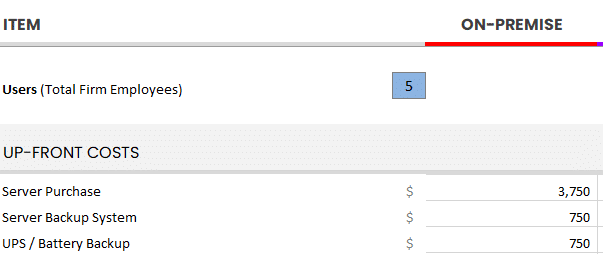
Use our Cloud Cost Calculator to tally up all relevant up-front costs for your firm.
Ongoing Costs
Next, analyze costs incurred on an ongoing basis. Identify monthly recurring costs, as well as annual costs (renewals, maintenance), and determine your average monthly or annual recurring costs. For most law firms, these often include:
- Managed IT Service
- User Support / IT Help Desk
- Offsite / Remote Backup
- Remote Access Solution (VPN, RDS, etc.)
- Practice Management Software
- Office 365
- Security Maintenance & Renewals
Add up what you do, or will spend on an ongoing basis. This should include fixed monthly costs (such as a Managed IT Provider contract) as well as sporadic, less predictable costs (such as hourly IT support). For the latter, if you’re unsure of a reasonable budget for this amount, I recommend finding the average over the past two three years.
Add all of these up and determine your average monthly IT spend.
On-Premise Costs: Unplanned
Finally, we need to identify and budget for some level of unplanned IT expenses. Proactive IT does significantly reduce the chances and impact of unforeseen IT problems, but over enough time they’re likely to occur nonetheless.
These unplanned costs may take the form of:
- Unplanned Server Crashes
- Unplanned Network Repair
- Unplanned Data Recovery Costs
- Software Updates that Prompt Server Upgrades
As you can see–some costs are fixed and predicable, others are wildly unpredictable (but should be budgeted or accounted for in some way.)
Finally, add up your up-front costs, monthly recurring costs and your budget for unplanned/unforeseen costs: And this is your Total Cost of Ownership for on-premise IT.
Compare to Private Cloud
Now compare this Total Cost of Ownership to that of a Private Cloud.
We’ve already demonstrated that a Private Cloud is objectively better than in-house IT, in terms of reliability, security and mobility. But simply comparing the costs of in-house vs. cloud-based IT shows that Private Cloud is also more economical than in-house IT.
Private Cloud costs typically include:
- One-time Implementation Fee, typically ranges from $2000 to $6000
- All-Inclusive Monthly Fee, often around $105 to $159 / User / Month
Of note is that (with the right Private Cloud provider) these figures are inclusive of all technology that you would otherwise have to buy and maintain. On-premise IT (as we’ve illustrated above) is fraught with hidden and unpredictable costs.
Fully-managed Private Cloud costs are simple, clear and predictable.
Related – The Financial Case for Cloud for Law Firms: The cloud can be substantially more cost-effective than its alternatives. Learn more.
ProLaw User Feedback
With its comprehensive features encompassing client and case management, billing, document management, and accounting, ProLaw aims to be a one-stop solution for legal professionals. However, the true measure of any software lies in the experiences of its users.
This feedback is integral to providing a balanced view of the software, helping potential adopters make informed decisions based on the experiences of their peers.

“Good for going paperless.”
Terri from Denenberg Tuffley, PLLC
“Our firm uses this product as a true practice management tool. We use front and back office modules. ProLaw has allowed us to be an almost paperless law firm. Everything goes into ProLaw and we have true digital files/matters. We recently went through an audit with one of our clients and were able to provide limited access to the client.”

“Useful, but Not Intuitive or User-Friendly.”
Melissa from Legality
“It has a good bit of automation built in, and they are working to add more. Inputting information is fairly easy and reviewing notes is takes no effort at all. It is great for a firm that deal with fewer, more complex matters. The system is a bit clunky. They lag behind some of their competitors in functionality and ease of use. Merging documents can be done, but it is a process. Also, updates often come with bugs.“

“Solid Software to Keep Track of Your Cases.”
Rogelio from Katz Law Office
“I used Pro Law for years at my law firm. I like how fast and reliable it is for your computer. I like being able to have different users. It does everything you need a software to use for managing your firm.”

"Amazing Feature, but difficult and time consuming execution.“
Mellissa
“The features of ProLaw were great, the docketing and deadline calculator options are far better then any other software I have used.
[However,] profiling items to the case is time consuming. You are limited on how to set up your folders. If you practice more than one area of law, the lack of customization is very restricting.”
The insights provided by current ProLaw users offer a valuable perspective on the software’s real-world application.
While ProLaw boasts an array of features designed to enhance law firm operations, user experiences highlight the importance of considering factors such as the learning curve, customization capabilities, and cost-effectiveness when evaluating its suitability for a particular firm.
Doing Your Due Diligence & Mitigating Risk
Now that you understand how ProLaw in the cloud works—and how it can benefit your firm—it’s time to focus on the all-important step of due diligence.
There are several ways to transition ProLaw to the cloud, but whichever route you choose, thorough research is essential.
In recent years, more companies—from small local IT shops to generalist, non-legal cloud providers—have begun advertising “ProLaw cloud hosting.” For law firms, this can be a serious pitfall.
Running and maintaining ProLaw in the cloud isn’t for amateurs. It requires precise configuration and deep expertise with the software itself. While full due diligence is a topic of its own, here are a few critical areas to review when evaluating potential Private Cloud providers for your firm.
- Verify that the provider is an authorized ProLaw hosting partner
- Verify the provider has successfully hosted ProLaw for at least 20 law firms
- Verify the provider will encrypt your data in-transit and at-rest
- Verify the provider backs up your data to multiple data centers across the US
- Understand what the provider will do if served with a subpoena regarding your data
- Validate that your data will only be stored in your country (data sovereignty)
- Verify that you will retain exclusive ownership of your data
- Ensure the provider's data center is SSAE16 audited and certified
- Verify the provider owns the server equipment (and is not simply reselling Azure or Amazon)
- Verify that the provider offers at least 99.99% Uptime
- Verify the provider is and remains complaint with all software licensing (Microsoft, VMWare, etc.)
- Understand the provider's size (in terms of revenue and employee count)
Once you’ve developed a short list of potential ProLaw hosting providers, do your homework on each company. We recommend:
- Obtaining and contacting references
- Asking for and reviewing the provider's case studies / success stories
- Reading the available Google reviews for the provider
To see the Google reviews for a Private Cloud provider (or any business), if the company is reputable you can simply perform a Google search for that company, and the reviews will show up in the search results sidebar. For example:
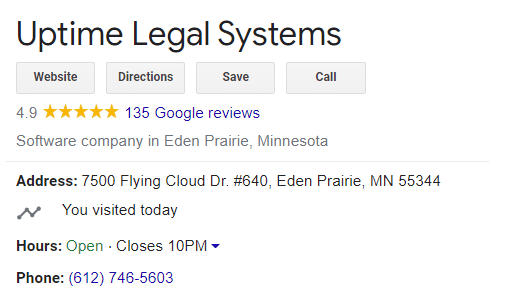
Learn more about doing your due diligence:
Related – 25 Things To Ask Your Legal Private Cloud Provider: Ensure you’re getting the best provider for your cloud-hosting needs.
ProLaw in the Cloud – Frequently Asked Questions
Yes. You can run ProLaw in a Private Cloud with a company that specializes in hosting law firm software.
ProLaw can be moved to the Private Cloud by a company that specializes in hosting law firm software. Learn more.
A Private Cloud provides all necessary IT functions without the need to maintain on-premise servers. Learn more.
A Virtual Desktop allows your law firm to access and use your legal and productivity software from any device. Learn more.
It depends on the cloud provider. With a reputable provider, a Private Cloud is orders of magnitude more reliable than maintaining on-premise servers.
It depends on the cloud provider. With a reputable provider, a Private Cloud is orders of magnitude more secure than maintaining on-premise servers.
It depends on the cloud provider, the number of users in your firm and the other technology needs of your firm. For many law firms, running ProLaw in the Cloud costs between $115 and $159 / User / Month. Learn more.
It depends on the cloud provider. As such, you should read the contract carefully, and ensure there is explicit language to this effect.
This depends on the provider. Some cloud providers require that a third-party VAR or IT consultant perform all updates. Uptime Practice, by contrast, manages all software updates and maintenance for you.
Now that cloud computing is mainstream many bar associations have shared their opinions on cloud computing, and even recommend it. According to an article posted on the ABA website:
“Most fears about trusting client information to ‘the Internet’ are misplaced. One misconception is that client information may be intercepted as it travels across the Internet. Modern encryption has progressed to the point where it is unbreakable. Cloud companies understand that their reputations for protecting customer information are crucial. A single security breach would cost them dearly. Your client information is more secure stored on a reputable, professionally managed cloud server than on your office computers.”
This depends on the cloud provider. In the case of Uptime Practice, your Private Cloud will work with virtually all printers, scanners and peripherals. Your local and network printers will appear and work within your virtual desktop just as they do on your local computer.
ProLaw is Windows-based, and cannot run on a Mac computer. However, certain Virtual Desktop solutions, such as Uptime Practice, enable you to run ProLaw in cloud desktop from your Mac computer.
Ready to Move ProLaw to the Cloud?
At Uptime Legal, we host ProLaw and other legal software for hundreds of law firms across North America.
Get in touch with our team to learn more about ProLaw in the cloud for your law firm.
Learn More
Learn More about running ProLaw in the Cloud.
Uptime Practice:
The IT & Cloud Platform for Law Firms.
Uptime Practice is a suite of Managed IT and cloud services, made exclusively for law firms.
Practice Next
Technology + Legal Software Support for Modern Law Firms
Practice Next is a suite of Managed IT, Legal Software Support, and Cloud Essentials, made just for law firms.
-
Practice Next is a suite managed IT, technology essentials and legal software support.
-
Practice Next includes unlimited IT and legal software support, Microsoft 365, legal-centric cloud storage and more.
-
Practice Next pairs great with cloud-based legal software such as Clio Manage, CosmoLex, MyCase and more.
Practice Go
Cloudify Your Legal App
Does your law firm already have a cloud strategy, but have one premise-based application still running on onsite servers? Practice Go is for you.
- With Practice Go, we effectively turn your desktop/server- based legal software into a cloud application (a Published App), freeing your firm from the limitations of traditional software.
- Practice Go can cloudify your PCLaw, Time Matters, Tabs3, ProLaw, Juris, QuickBooks and more.
Practice Foundation
Complete Private Cloud for Law Firms
If your law firm needs a central, secure cloud platform for all of your legal software, documents and data, Practice Foundation is for you.
-
Practice Foundation is an end-to-end cloud platform that will host all of your firm's applications and documents, and will optionally include Office 365 + unlimited IT support. Everyone in your firm logs into a Virtual Desktop where they'll find all of their apps and docs.
-
Practice Foundation works with PCLaw, Time Matters, Tabs3, ProLaw, Juris, QuickBooks, Timeslips, TrialWorks, Adobe Acrobat and more.
Not Sure Which Edition You Need?
No problem. Check out our quick Comparison Chart for Uptime Practice, or Get in Touch to talk with our sales team.

Dennis Dimka
As the founder and CEO of Uptime Legal Systems, I've had the privilege of guiding our company to become a leading provider of technology services for law firms.
Our growth, both organic and through strategic acquisitions, has enabled us to offer a diverse range of services, tailored to the evolving needs of the legal industry.
Being recognized as an Ernst & Young Entrepreneur of the Year Finalist and seeing Uptime Legal ranked among the Inc. 5000 list of fastest-growing private companies in America for eight consecutive years are testaments to our team's dedication.
At Uptime Legal, we strive to continuously innovate and adapt in the rapidly evolving legal tech landscape, ensuring that law firms have access to the most advanced and reliable technology solutions.
Related Posts
April 1, 2024
The Financial Case for Cloud for Law Firms
March 8, 2024
25 Things To Ask Your Legal Private Cloud Provider
January 8, 2024
How to Use Orion Legal Software in the Cloud in 2025
January 8, 2024
How to Use Time Matters in the Cloud in 2025
January 8, 2024
How to Use Juris in the Cloud in 2025
January 8, 2024
How to Use Tabs3 in the Cloud in 2025
January 8, 2024
How to Use TrialWorks in the Cloud
January 8, 2024
How to Use PCLaw in the Cloud in 2025
January 8, 2024
How to Use Timeslips & QuickBooks in the Cloud in 2025
December 15, 2023
ProLaw: Complete Review, Features, Pricing
December 15, 2023
How to Use Worldox in the Cloud in 2025
December 15, 2023
7 Reasons Your Law Firm Should Consider Tabs3
December 15, 2023
ProLaw Workspace – Review & Guide for Law Firms
December 15, 2023
TrialWorks – An Uptime Legal Review
December 15, 2023
Cybersecurity for Law Firms
December 8, 2023
Managed Cloud Services for Law firms
October 24, 2023
AWS for Law Firms: A Complete 101
October 4, 2023
Azure for Law Firms: A Complete 101
September 28, 2023
Best Law Practice Management Software (2025)
September 5, 2023
Juris Support – How to Get Help for Juris
August 30, 2023
Tabs3 Support – How to Get Help for Tabs3
August 23, 2023
ProLaw Support – How to Get Help for ProLaw
July 24, 2023
PCLaw Support – How to Get Help for PCLaw
July 20, 2023
Private Cloud 101 for Law Firms
February 24, 2021
Uptime Legal Joins the Thomson Reuters Marketplace
November 18, 2019
Best Legal Practice Management Software for 2021
September 16, 2019
The Financial Case for Cloud for Law Firms
June 17, 2019
Law Firm IT – What Are Your Options?
January 28, 2019
PCLaw® Go – An Uptime Legal Review
January 7, 2019
Time Matters® Go – An Uptime Legal Review
October 24, 2017
